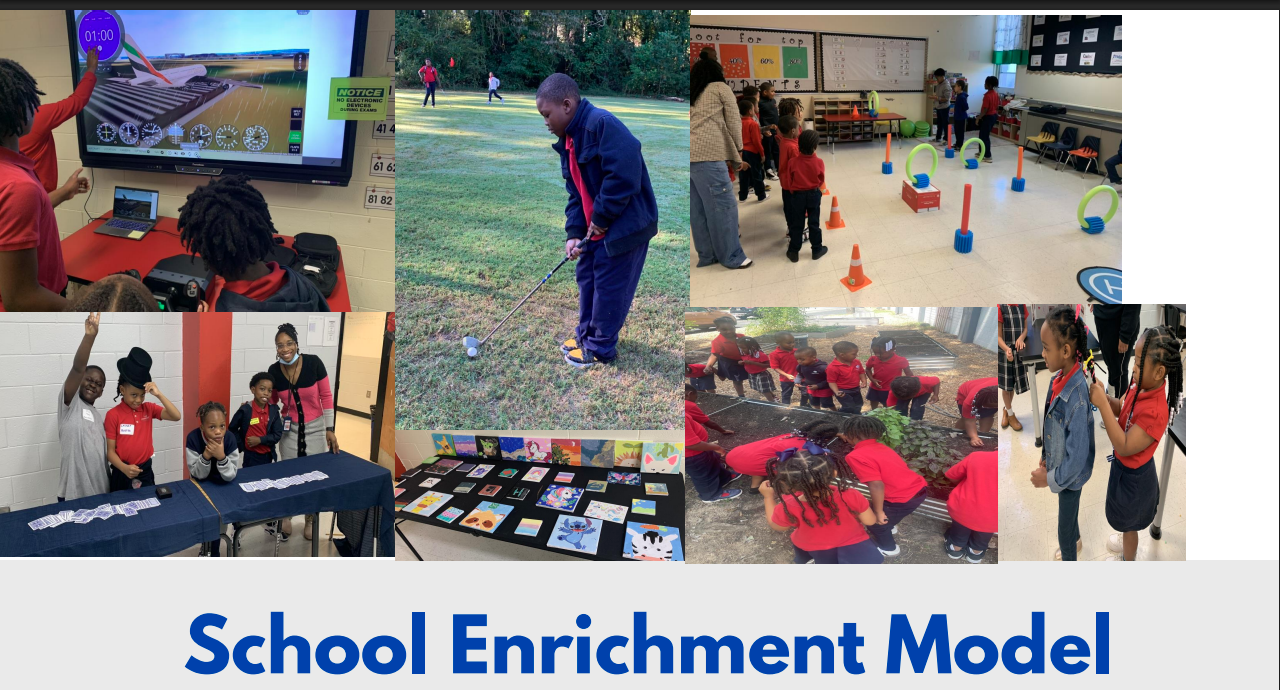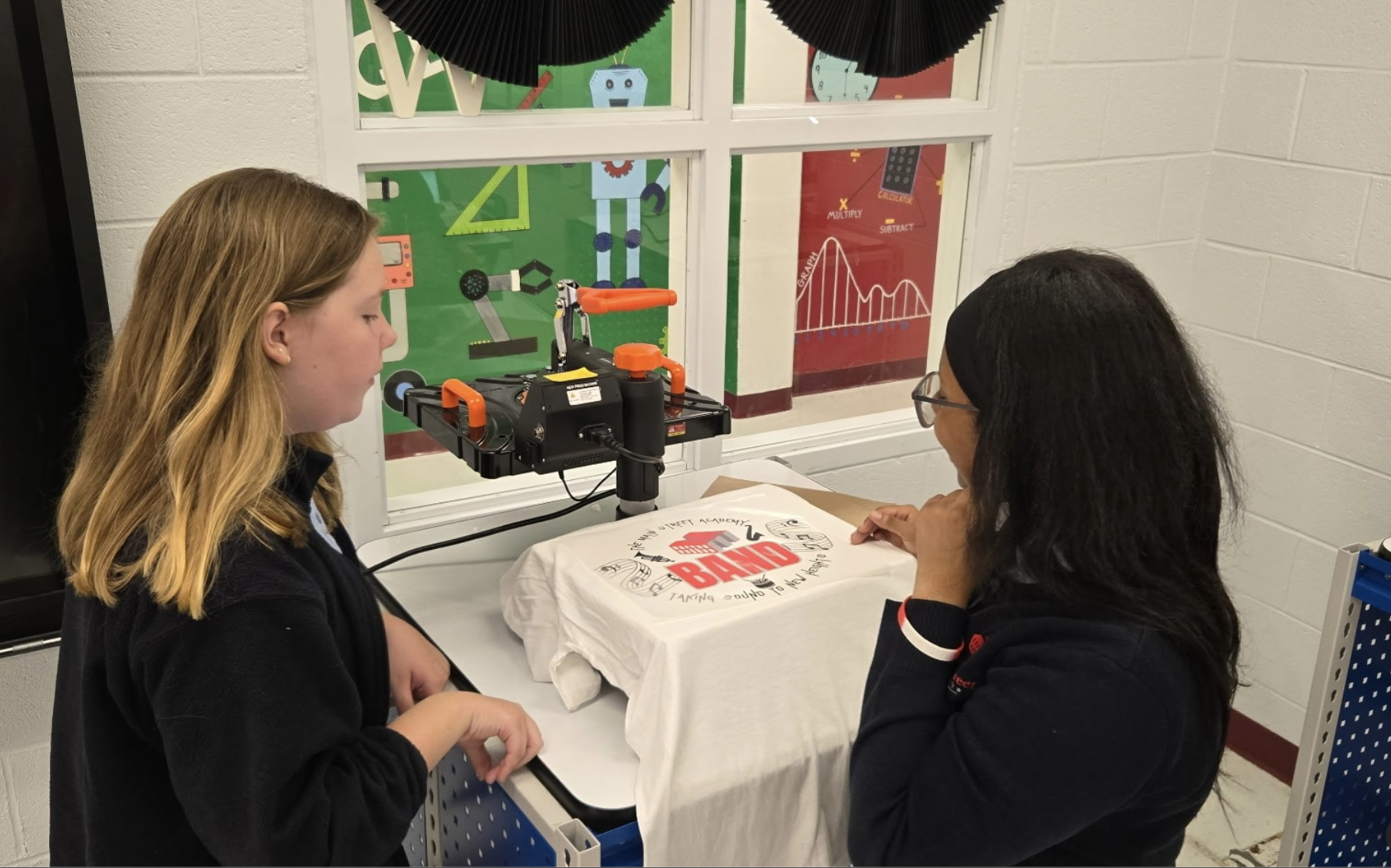Schoolwide Enrichment Model (SEM)
Schoolwide Enrichment Model (SEM)
At the core of The Main Street Academy's (TMSA) core and STE(A)M curriculum is the adoption of the Renzulli Schoolwide Enrichment Model (SEM). The SEM model seeks daily enrichment in the core curriculum by connecting students with internal & external experts and community leaders who guide learning experiences that are further connected to real-life problems and experiences. Students collaborate with individuals who work in industries such as engineering, medical technology, agriculture design, e-commerce sales & marketing, social media design, mechanical engineering, cosmetology, sports production & management, finance, culture, arts, history, and more! Furthermore, industry experts partner with TMSA teachers and staff to sponsor student-driven projects that further explore interest, academic, and real-world interconnected relationships.
SEM is currently implemented in over 4,000 schools across the United States. SEM is an enrichment program for students to enjoy challenging learning experiences constructed around their interests, passions, and Project Based Learning (PBL.) TMSA’s SEM program includes expanded emphases on Science, Technology, Engineering, and Mathematics (STEM) and Science, Technology, Engineering, Arts/Agriculture, and Mathematics (STEAM) including Project Based Learning (PBL) instructional methodologies which allow students to gain hands-on knowledge and skills. Students work for an extended period to investigate and respond to authentic, engaging, and complex questions, problems, or challenges. Project-based learning is connected to each core curriculum content area in addition to SEM and STEM/STEAM.
A key component of TMSA's SEM model is the student cluster experience. SEM clusters are similar to academic electives on special topics. Clusters are faculty/staff or expert-driven and change from semester to semester. TMSA students meet once a week for their selected cluster during the course of the academic school year and combine both interest and academic study with the goal of producing a deliverable such as a product, performance, or community service learning project by the end of the semester. SEM clusters are offered in grade bands (K; 1-2; 3-5; 6-8) to offer students more choice in their selection of clusters.
Students also have the opportunity to propose their own cluster projects. Student-led clusters function the same way as faculty/staff or expert-driven clusters. The only difference is students take the lead in designing their subjects, laying out research plans, and producing their own end product.
Fall 2025 - SEM Clusters
Spring 2025 - SEM Clusters
2023 SEM Clusters













